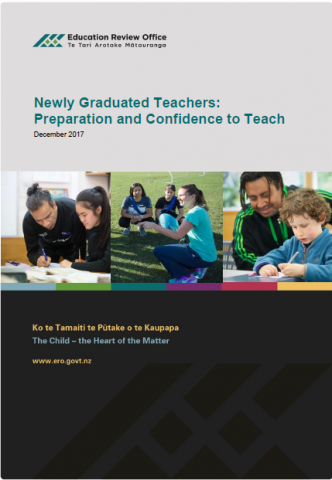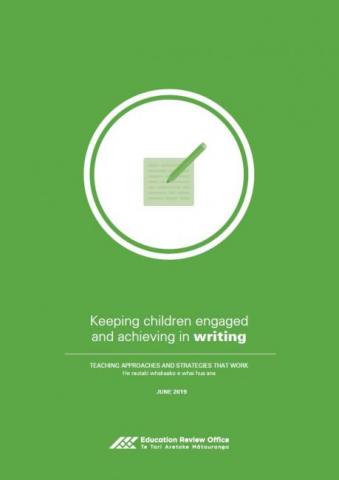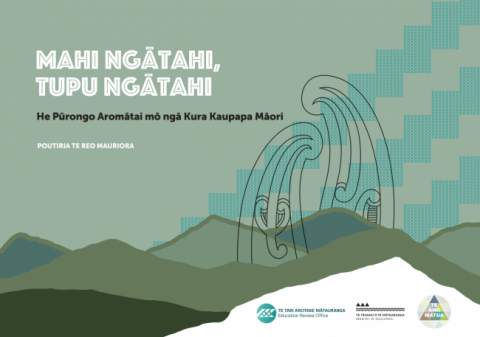Educationally powerful connections with parents and whānau
Published: 09 Nov 2015
In this report, the Education Review Office (ERO) evaluated how well 256 schools worked with parents and whanau to respond to students at risk of underachievement. We looked for examples where schools had specifically worked with parents and whānau to accelerate and support progress and improve achievement.
- Audience:
- Māori-medium
- Parents
- Schools
- Content type:
- Research
- Topics:
- At-risk students
- Evaluation
- Whanaungatanga
- Accelerated learning
- Pasifika









